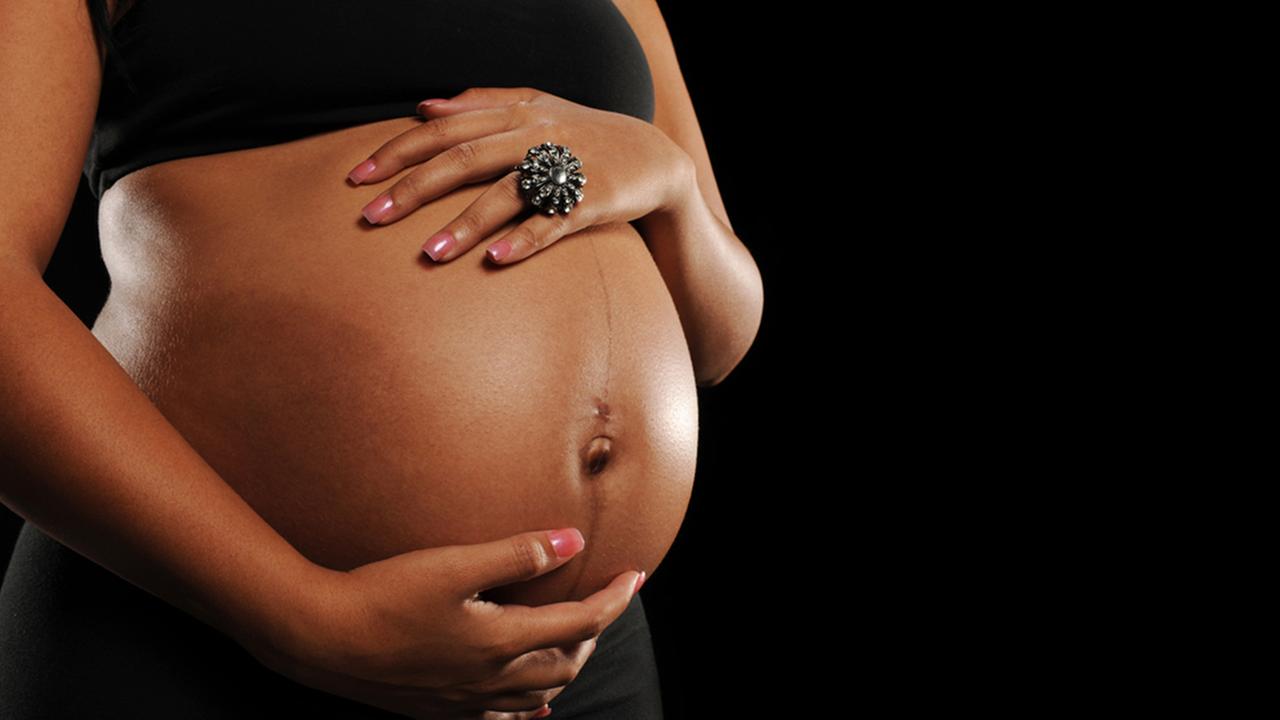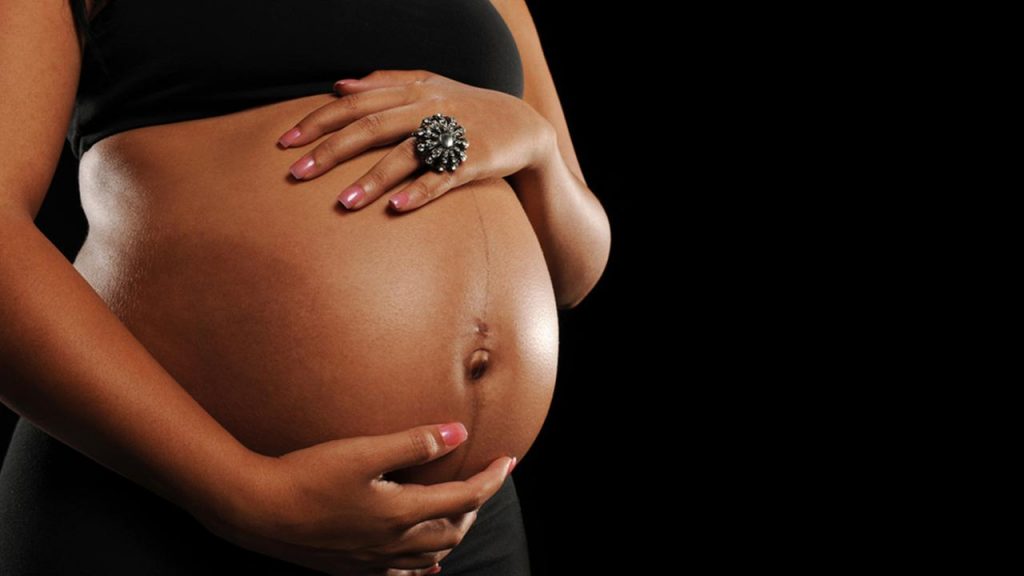A new report on family planning has shown that there has been an improvement in the use of modern contraceptive among women in Nigeria.
The report released by the Family Planning 2020 partnership (FP 2020) on Monday revealed that over 6.5 million women in Nigeria are using modern methods of contraception.

The progress in Nigeria tallies with the overall improvements reported in 68 other countries where similar contraceptive use survey was conducted.
The report was launched on the sidelines of the International Conference on Population and Development (ICPD) in Nairobi.
FP2020’s latest report is part of the 25-year arc of progress that has lifted hundreds of millions of women and girls since the Cairo Summit in 1994.
The survey was conducted in the world’s 69 lowest-income countries of which Nigeria, is one of them.
The report reveals that 314 million women and girls are now using modern contraception, with 53 million new users in the last seven years, and nine million in the past year alone.
This implies that more women and girls have access to family planning than ever before.
While Nigeria has over 6.5 million women using a modern method of contraception, there is no cause for the country to celebrate as there are still lots of women who are yet to be covered.
No need to celebrate
Although the report shows that there has been an upward trend in the use of modern contraceptive among women in Nigeria, the total number of people who have imbibed the practice is still very low.
Nigeria was part of the first group of countries to commit to the FP2020 partnership when it launched in 2012. Since then, the country has made steady progress toward increased use of family planning.
The report estimates that as a result of modern contraceptive use in the country, over 2.3 million unintended pregnancies have been prevented.
It said over 800,000 unsafe abortions and 13,000 maternal deaths have been averted in the last year alone.
It also stated Nigeria is working with key stakeholders to address socio-cultural norms to address family planning issues such as: preference for large families, religious tenets, and women’s lack of decision-making power related to sexual and reproductive health.
Despite the progress, the report, Nigeria is the second slowest growing country in West Africa “when it comes to the uptake of modern contraception”.
In Nigeria, a woman gives birth to an average of 5.5 children in her lifetime.
The population of women of reproductive age in Nigeria makes up roughly half of all women of reproductive age in West Africa.
The estimated percentage of women with an unmet need for a modern method of contraception (married/in-union) stands at 23.7 per cent in 2019.
‘Clear evidence’
The Executive Director of FP 2020, Beth Schlachter, said the evidence is clear that “when women get access to contraceptive products, it has a positive impact on their total well being”.
“The evidence is clear – when you invest in women and girls, the good deed never ends. Barriers are broken and opportunities open up that not only lift women out of poverty but can elevate society and bring about economic gains. No other single change can do more to improve the state of the world.”
Ms Schlachter said though family planning has gained huge momentum 25 years from the first International Conference on Population and Development (ICPD), “there are still some challenges.”
She said, “25 years on from the first ICPD, the family planning movement has gained huge momentum. Yet, big challenges remain. With every day that passes, millions are denied the right to choose their own future. As we look ahead to 2030, we must continue to push for progress, build on what works well, and ensure we leave no woman or girl behind.”
Improvements but low
According to the report, there is still a lot of work to be done.
“Challenges remain significant as FP2020 approaches a key time-bound deadline. Progress must keep pace to unlock the fullness of human potential.
“While progress has been significant, FP2020 approaches its deadline year and the initial numeric goal of reaching an additional 120 million women and girls has yet to be realised. The challenge of putting women and girls at the centre of development remains critical,” it said
The FP 2020 was launched in 2012 to ensure that most women get access to modern forms of contraceptive when and where they need it.
It said though governments and donors around the world are recognising the importance of family planning programs with donor government bi-lateral funding for family planning rising to $1.5 billion in 2018.
It added that modern contraceptive prevalence among all women (MCPR)–is rising.
It said across the 69 FP2020 focus countries, MCPR among all women of reproductive age has risen by more than 2 per cent since 2012. “The sharpest increase has occurred in Eastern and Southern Africa (7 per cent)”.
The report also revealed that one of the challenges is that Africa has a large population of women under the age of 25.
“With almost 60 per cent of its population under the age of 25, Africa is the world’s youngest region,” it said. “Ensuring that young women and girls have access to family planning is central to the continent’s future development, paving the way for more educated communities, healthier populations and wealthier nations.”

